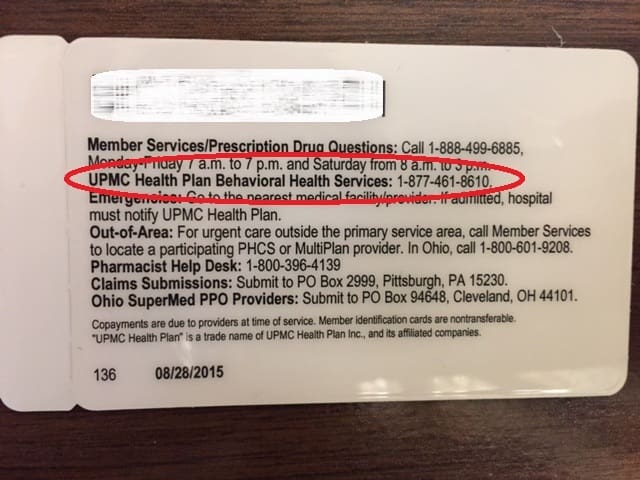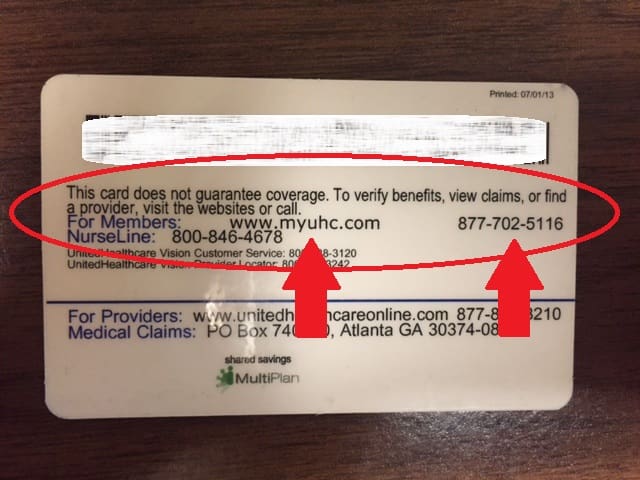
How Our Genes Are Not Set In Stone
August 5, 2024 in LINKS
One of the most interesting areas of mental health research is “epigenetics”—the study of changes in organisms caused by modification of gene expression rather than changing the genetic code itself. In plain language, that means that we can inherit a predisposition to conditions like depression and anxiety—but there are also things we can do to change how our genes make themselves felt in our daily lives.
As Rachel Yehuda, Ph.D., says:
We’re just starting to understand that just because you’re born with a certain set of genes, you’re not in a biologic prison as a result of those genes.
Changes can be made in our behaviors that then change the way the genes function. Our genes are not set in stone.

Yehuda is professor of psychiatry and neuroscience at the Mount Sinai School of Medicine. She talks about epigenetics and the kinds of changes we can make to our genetic expression in this episode of a super-helpful podcast called “On Being.”
Sometimes those changes, for example, have to do with diet—like if you inherit a predisposition toward cancer, you don’t inherit actual tumors, but you inherit a greater possibility that if you eat a diet high in animal fat and low in healthy carbohydrates, you may increase your chances of your genes turning on the “switch” for cancer.
And sometimes those changes have to do with behaviors.
If you inherit the predisposition toward depression, and you respond to stress by locking yourself in your room, refusing to talk to anyone, and comparing yourself to peers on social media, then you may run the risk of turning on those switches that can lead your genes “express” the tendency toward depression.
But it works the other way, too! The more you learn to respond to stress with behaviors such as visiting a therapist, engaging in yoga or meditation, or talking with a friend, the more you can increase your chances of turning that switch off—or keeping it turned off.
Yehuda says that her research is showing that “some epigenetic changes occur in response to psychotherapy.”
If we’re saying that environmental circumstances can create one kind of change, a different environmental circumstance creates another kind of change. That’s very empowering.
Check out On Being on Facebook and Twitter for positive messages throughout your day!
Have you ever worried that your genes would “lock you in a prison”? Have you actually seen your coping strategies reduce your symptoms of anxiety and depression? What practices empower you? Tell us!


















Recent Comments